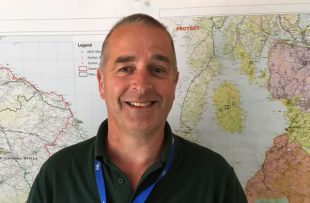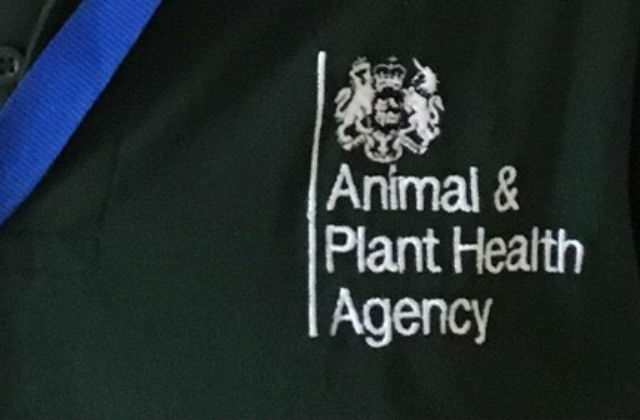
How often does someone’s career turn out as they plan? In my case the answer is it did not but that does not mean that the journey and destination cannot be both challenging and satisfying. Like all vet students I arrived at fresher’s week (October 1978) idealistic with the aim of spending the next 5 years working hard and enjoying myself and then moving into mixed/large animal practice as an assistant before moving on to becoming my own boss.
So what happened? Life!
A job was advertised on the final year notice board for a research assistant with 5 months in Kenya working on chemotherapy of Trypanosoma congolense. That was too good an opportunity to miss, fascinating disease, Kenya for 5 months having never been further than north France. I would have a great year with a master’s degree at the end of it and the possibility of extending into a Phd. Where’s the application form?
Then life took over, three months into the role and two weeks before heading to Kenya I was out of the blue offered a job in my home practice. I had mixed feelings but I could not ditch my year’s contract. No problem he would keep the job open and hire a long term locum until I could start. Seemed too good to be true but that is what happened and for the next 18 years from October 1984 I spent my life as a general practitioner in the beautiful undiscovered Scottish Borders where a traffic jam is three cars.
Life in general practice
The first cattle caesar, a garter snake with CCN (thymine worked miracles), those sleepless nights during lambing time, puppy health checks and vaccinations, the Highland Show winning Clydesdale mare with 5 feet of foal bed hanging out behind her, that first phone call from the ‘Ministry’ (what had I got wrong?). There was also private pensions to deal with, the first mortgage, interest rates up at about 10%, the financial crash…
Like so many others I never did take the plunge to become my own boss and so after 18 years I was looking for something different.
Becoming a civil servant
In 2002 I joined what was the State Veterinary Service as a Veterinary Officer based at Tweedbank, Galashiels, less on call, Civil Service pension, more holidays… (I had finally got over that first ‘Ministry’ phone call.)
After four weeks I was duty vet and being thrown in at the deep end, 18 years in general practice had been a good teacher. The spectrum of work was, and still is, quite astounding so it was no surprise when my line manager ‘asked’ ‘Iain we have an opening for someone to get involved in animal by-product (ABP) control as the new member of the team. Would that suit you’? Everything was new so why not and for the next few years I developed my ABP knowledge and skills so that by 2007 I was ready to take on the lead role when our then Scottish Lead for ABP, Sheila Voas, moved on to the Scottish Government and the wider world of policy.
I became familiar with the legislative requirements as they affected the lives of the farming community, the wider industry, i.e. processing plants, composting and anaerobic digestion, biodiesel production from rendered fats (not so much ‘putting a tiger in your tank’, or ‘horse power’ rather more ‘energy from waste’ and ‘zero waste agenda’.)
That is not to mean I neglected other work areas, far from it. Daily tasks would require knowledge of endemic disease, welfare, zoonotic disease, biosecurity and of course exotic disease control and contingency planning to name a few.

Expanding opportunities
I sought opportunities to expand my knowledge of state veterinary medicine and by 2008 I was seconded to a central team that was responsible for planning and preparing the GB side of a Food and Veterinary Office audit into UK controls on animal by-products. I had two spells seconded to Scottish Government policy, a period as a temporary veterinary team leader and another as a temporary Veterinary Lead Scotland. I’ve been a veterinary advisor responsible for quality assurance and field epidemiology and finally, for now, completely into a field epidemiology role.
Three months into the role up popped a low pathology avian influenza (AI) outbreak in Dunfermline. There is no better way to learn than being in the thick of it with supportive colleagues and a clear goal. Outcome: disease effectively controlled with least cost to government and the industry at large. Less than 12 months later HPAI H5N8 struck and spells in Lincoln and Preston forward operating bases were required to work with a varied team to effectively control the disease.
The opportunities for a veterinary surgeon within Animal and Plant Health Agency are varied and challenging I even get to go back to where it all started as I contribute to final year student teaching, at Glasgow ok Edinburgh, the principles of good state veterinary medicine.
Any regrets? Not at all.
